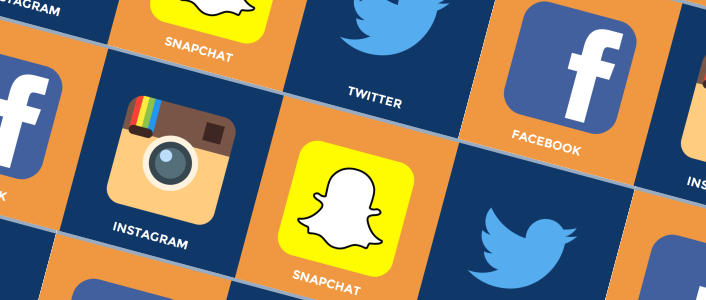
These are the kinds of interesting times which we wish the great media commentators of yore were alive today to witness. What would Canadian philosopher Marshall McLuhan – he of the “The medium is the message.” quote – have to say about Instagram? Or take the late Discordian author Robert Anton Wilson and his coining of the term “reality tunnel” – he’d get a kick out of the “fake news” epidemic.
No small amount of ink has been spilled on the subject of social media and its impact on our collective mental health. We have never before seen this frontier where anybody, anywhere, can broadcast their every idle thought to the entire world. Humans, it turns out, weren’t wired for this. In fact, we have a whole new genre of mental health issues, termed “cyber-disorders,” where people suffer from Internet-addiction. Between gaming, gambling, pornography, and trolling discussion forums, the Internet is a tantalizing playground of hedonistic vices that’s open 24/7.
Numerous studies have concluded that too much social media exposure is bad for our mental health. Comparing ourselves to impossibly perfect Instagram models or wallowing in shame with the flea-ridden trolls of Facebook is bad for our self-esteem. Furthermore, studies have shown that using social media more increases our feeling of loneliness instead of helping.
This is likely to be a thorny problem in the future, because for many of us in the 21st century, social media isn’t just an activity, but a job. From “influencers” to YouTube video-blog celebrities to online entrepreneurs to freelancers, a huge chunk of our careers now involve technology. This makes it more important to draw a sharp line between work and play when it comes to the Internet. If you use the Internet in your career for eight hours a day, the worst thing you can do is spend all your leisure time staring at even more glowing flat screens.
As with all media, we’re wasting our time trying to blame the medium itself. Everything from books to radio to TV has been blamed for all manner of mental health woes in the past. What changed is our usage of it. That’s what’s going to have to change with the Internet too: we’re going to have to learn to moderate our usage of it and let it go back to being just another aspect of our lives, not a dominant force in them.
Sources: Mental Health and the Effects of Social Media, The FOMO Is Real: How Social Media Increases Depression and Loneliness, Cyber Disorders: The Mental Health Concern for the New Millennium.
About us:
The Life Change Institute believes in restoring our clients to their optimum state of health and wellness and in establishing personal skills and practices to prevent future ill health and trauma.
